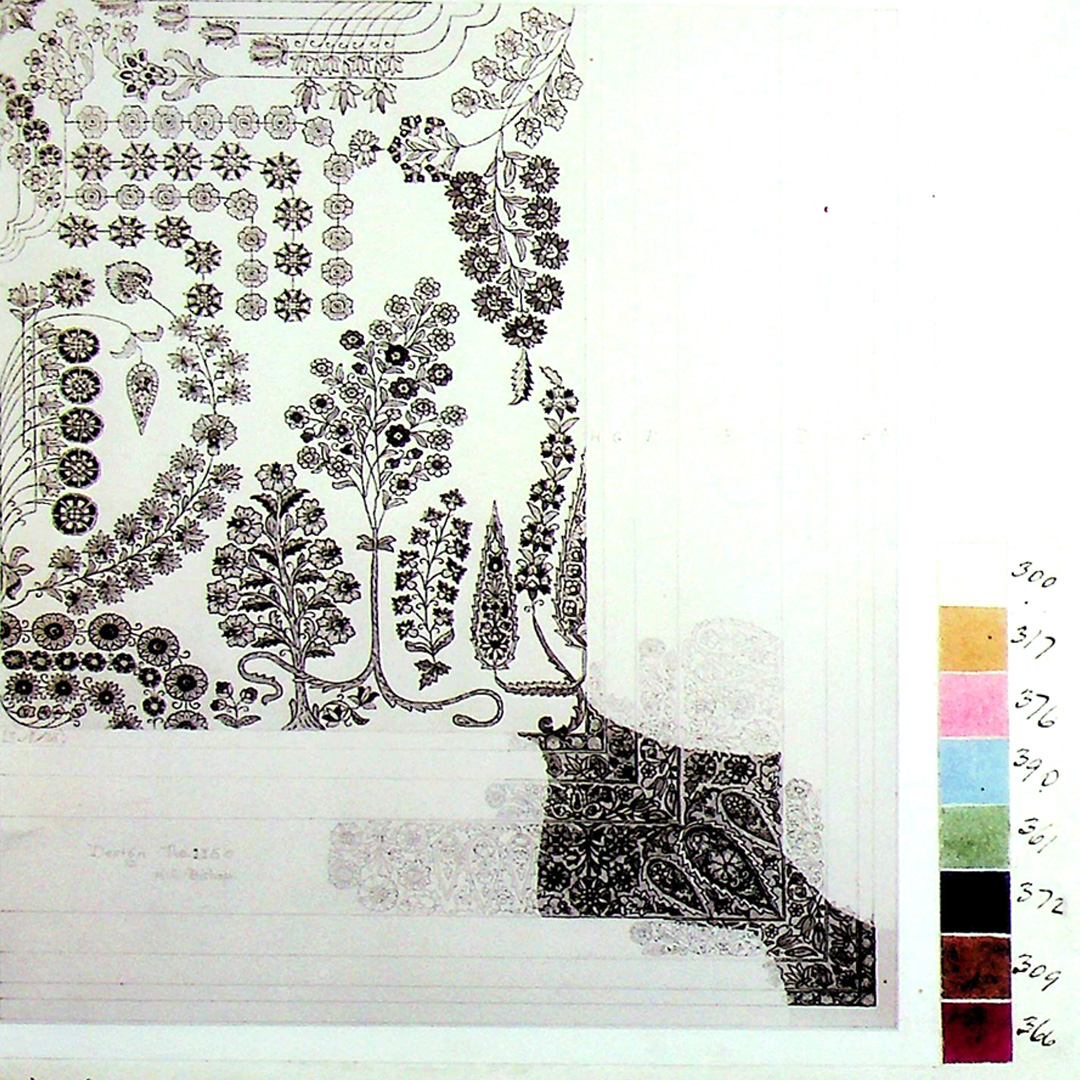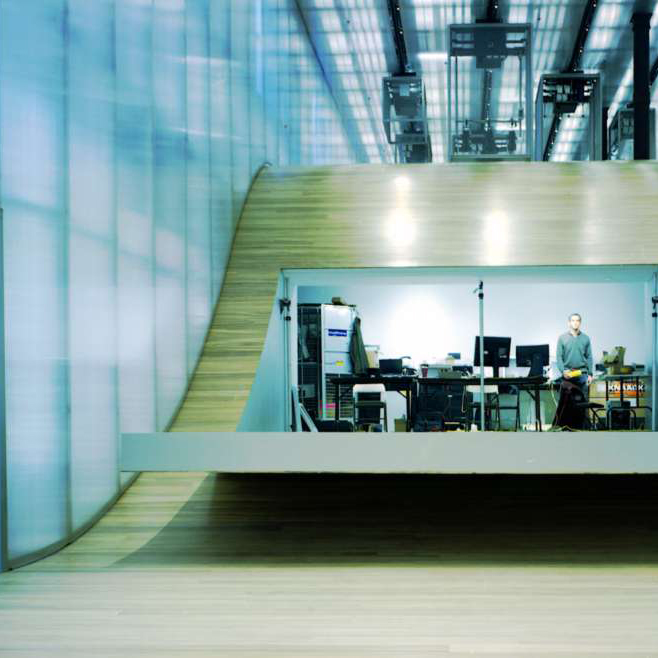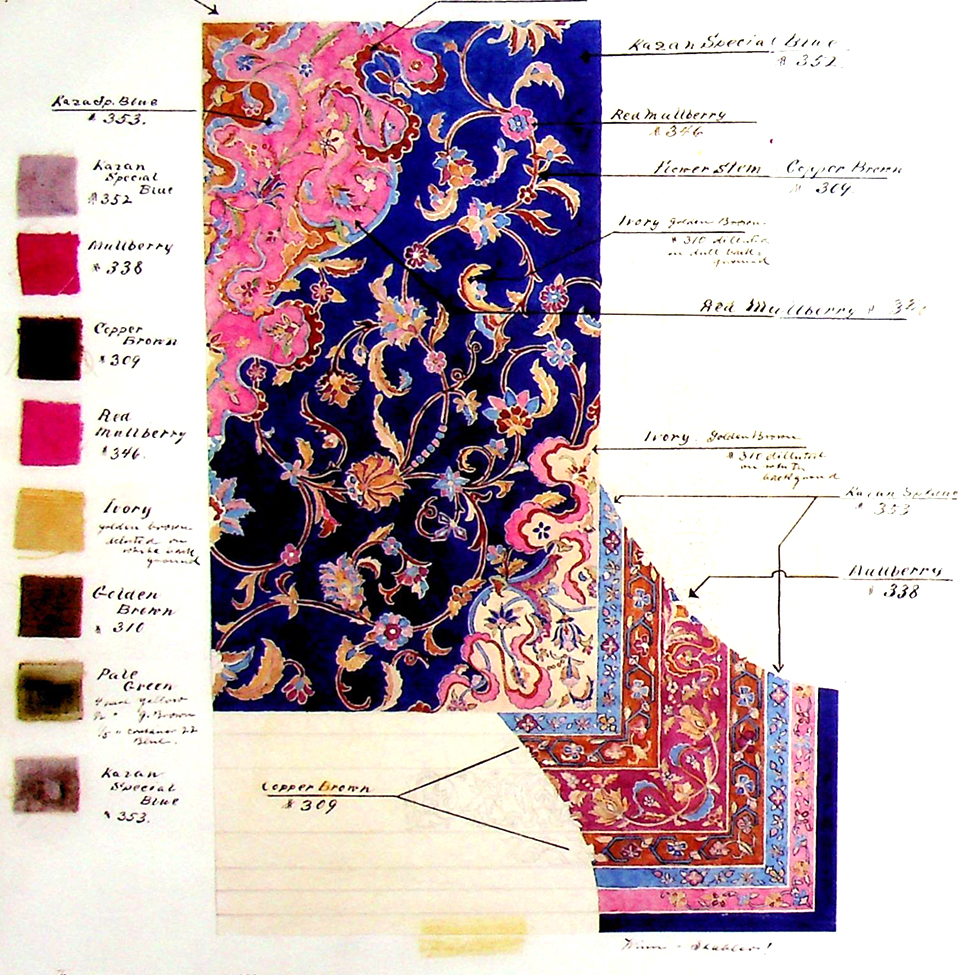
As part of the Magic Carpet 2.0 option studio at UBC SALA, Sideqa Haqani reimagined Afghanistan through a lens of memory, poetry, and post-conflict dreaming. Using traditional Afghan carpets as a spatial frameworkand drawing on landays — short, powerful couplets passed orally between Afghan women — her project constructed an architectural “carpet” that layered landscapes, rituals, and ruins into a speculative vision of a post-peace Afghanistan. The design operated between real and imagined sites, combining elementsof heterotopia, collective memory, and ancestral storytelling. Through this deeply personal project, architecture became a vessel for mourning, resistance, and imagining what remains possible after decades of loss and displacement.




